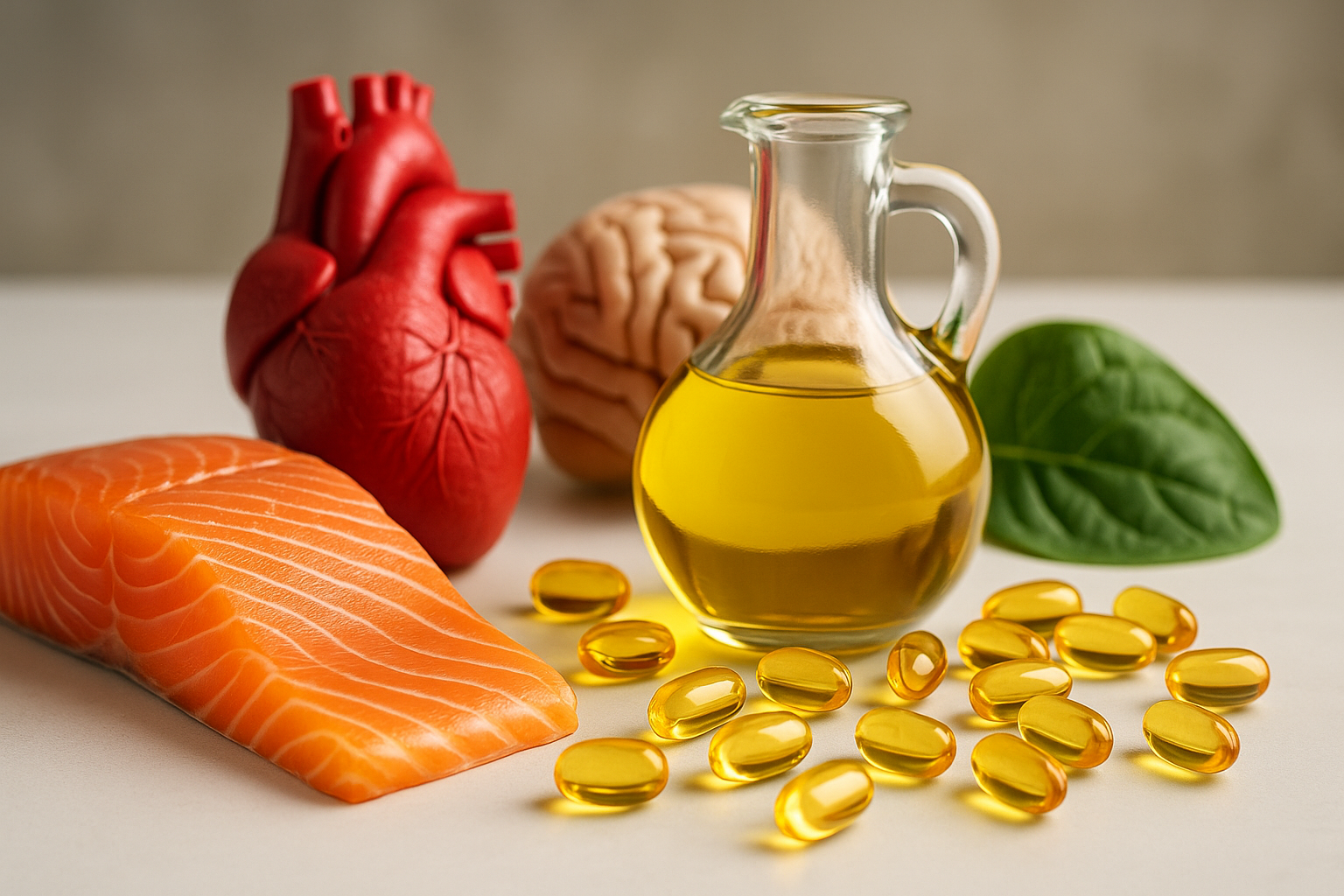
Arginine: The Natural Aid for Healthy Blood Vessels
High blood pressure, arteriosclerosis, circulatory disorders – cardiovascular diseases remain among the leading causes of death in Germany. While medication and surgeries are often necessary, another approach is increasingly gaining research attention: targeted support of vascular health through micronutrients. One substance stands out in particular: L-arginine, an amino acid that plays a central role in the function of our blood vessels.
L-arginine is found in foods such as nuts, legumes, meat, and soy. The body can produce it in certain amounts itself – but under stress, strain, or illness, the demand can increase. What makes arginine especially interesting is that it is converted in the body into nitric oxide (NO) – a signaling molecule that dilates blood vessels, thereby improving blood flow. This so-called vasodilation is not only crucial for blood pressure but also for the oxygen and nutrient supply of the entire organism.
Several studies now confirm the positive effects of arginine on vascular function – both in healthy individuals and in patients at risk. Especially in cases of mild hypertension, erectile dysfunction, or peripheral arterial occlusive disease (PAOD), targeted arginine intake can help improve quality of life – and in some cases even reduce the need for medication.
Nitric Oxide: A Molecule with Great Impact
To understand how arginine affects the body, a look into biochemistry is worthwhile. In the body, L-arginine is converted into nitric oxide with the help of an enzyme (NO synthase). This molecule causes the smooth muscle of blood vessels to relax – the vessels widen, blood flow improves, and blood pressure naturally decreases. This mechanism is the same on which medications like nitrates or the active ingredient sildenafil (Viagra) are based – except that arginine is processed by the body itself and, at normal dosages, has no side effects.
This effect is particularly important for people with arterial hypertension, diabetes, metabolic syndrome, or early stages of arteriosclerosis. Here, a so-called endothelial dysfunction often occurs – meaning the inner walls of blood vessels lose their ability to self-regulate. Arginine can improve this function in many cases, as shown by a meta-analysis published in the American Journal of Clinical Nutrition that evaluated 11 controlled studies with over 500 participants. The result: significant improvements in blood pressure and vascular elasticity were observed.
Arginine is also used in sports medicine as a performance-enhancing supplement. The reason: improved blood circulation supplies muscles better with oxygen, which can positively affect endurance, recovery, and performance – though the effect is stronger in untrained or older individuals than in professional athletes.









